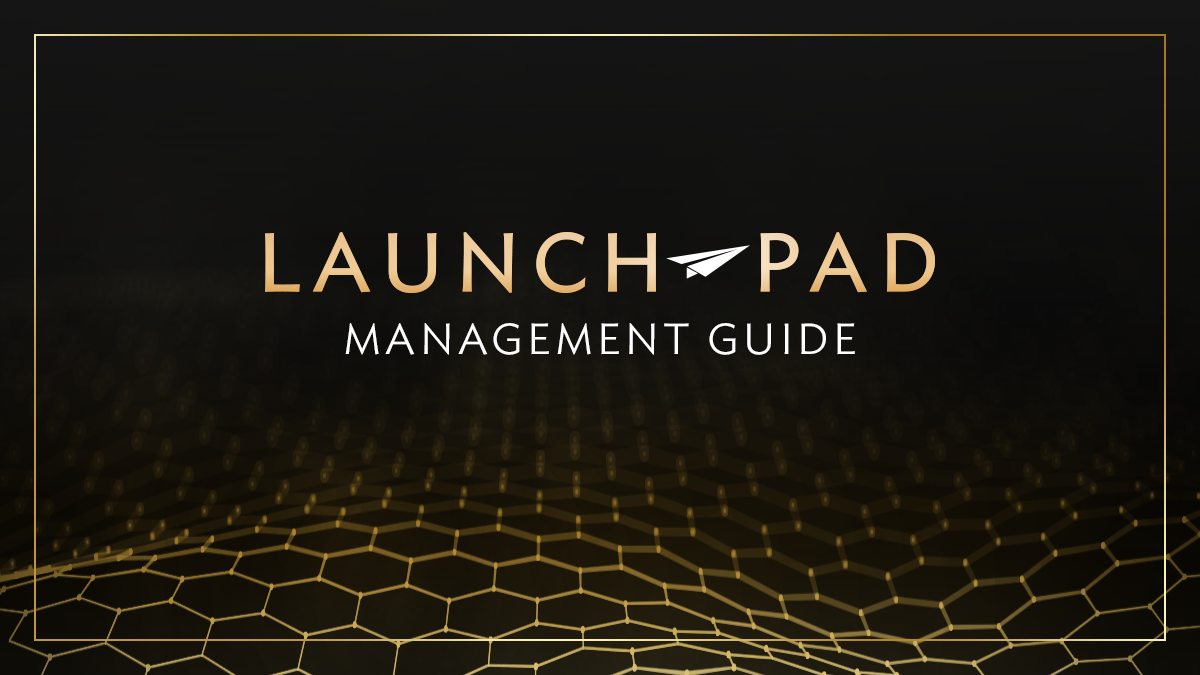
What are these deals and are they worth it?
It’s fall, which means it’s “pilot season” on the small screen and development season behind the scenes. This is the time when writers, representatives, and producers team up to pitch new show ideas in the hopes of getting a pilot or season order at a network.
Ten years ago, the television landscape was much smaller (and even more so 20 years ago), and the traditional windows of developing in the fall and shoot in the spring have lightened as more platforms release programming year-round.
However, the industry does love a tradition, and much of fall development season remains, bringing with it different kinds of deals for writers, including the “if-come deal.”
What is an If-Come Deal?
An “if-come deal” is a contract that offers writers a payout in the long run if their television concept is picked up for distribution. The deals are made with a producer, production company, or studio, and typically happen with “greener” writers who don’t have a proven track record.
In these deals, the idea originates with the writer who pitches the idea. The producer, company, or studio is interested, but they don’t want to risk losing money developing the idea, so they work with the writer to develop the pilot/series further. Should the project not be picked up to series, then the rights revert back to the writer.
Are If-Come Deals Working for Free?
Yes, technically, but that doesn’t mean you shouldn’t take the deal. You are doing work for free, however, this is not the only work you can be doing to make money. Writers constantly have multiple projects in the works, so the idea that you’ll be doing one without being paid upfront is common.
Also, the rights revert back to the writer if the writer isn’t picked up, allowing the writer to take the pitch out to other producers, production companies, and studios. In an interview with Screencraft, literary manager, Tony Gil, discussed the importance of teaming up young writers with the right producing team to ensure that if-come deals have the best shot of being seen all the way through and appearing less risky than if they’re made with a solo writer.

Most young writers without EP credits will not see their pilot picked up to series with them showrunning, though the WGA is working to prepare up-and-coming writers for showrunning duties. If your reps believe that you have a good shot, that this is the best option, and that it won’t get in the way of other projects that are bringing in money, this kind of deal can be a great way to connect with big entities and develop your own show.
Selling vs. Staff Writing
If-come deals are not only for those selling pilots. For shows already airing, an if-come deal serves to hold onto talent when the survival of a show is unclear. For example, this past year has seen ample chatter about the network series Manifest. Network series today often find their audience after the first season through streaming, though there are still plenty of viewers watching weekly series live. Manifest was already a hit but found an even larger audience and active online community this summer.
Manifest ended abruptly with plenty of cliffhangers at the end of season 3 on NBC. A deal with Netflix appeared to be a struggle, but Warner Bros. TV., the studio behind the series, felt that a season 4 could happen somewhere in the streaming world. Therefore, they wanted to solidify the writing team with if-come deals to hit the ground running should the show get a season 4 pick-up. WBTV made deals with both current staff writers and new ones. In this way, they didn’t have to risk losing any writers who might be meeting for roles on other series, as they would already have a deal in place with them.
Alternative Deals
As a writer, you always want to be paid upfront, and there are other kinds of deals that will do this where an if-come deal does not.
An Option-Purchase Agreement is when a company options the rights to a project, providing some form of payment upfront to the writer, and giving the company a set amount of time (usually 6, 12, or 18 months) to develop and sell the project. During this period, the writer agrees not to take the project anywhere else. At the end of the period, they can purchase the script or renew the option for another period and an additional period. The goal here before purchasing is to feel out the market to see if they can sell it, attach talent, and develop the concept to make it stronger to sell. At the end of the period, if it doesn’t sell or the agreement isn’t renewed, the rights revert back to the writer with which it originated.
The entertainment industry is changing rapidly, with writers typically getting hit with the earliest waves as they’re the first step in any project. Be open to different forms of selling, because it’s not easy to get your idea onto the screen, and listen to your representatives who are aware of the trends and best possible outcomes for you.


